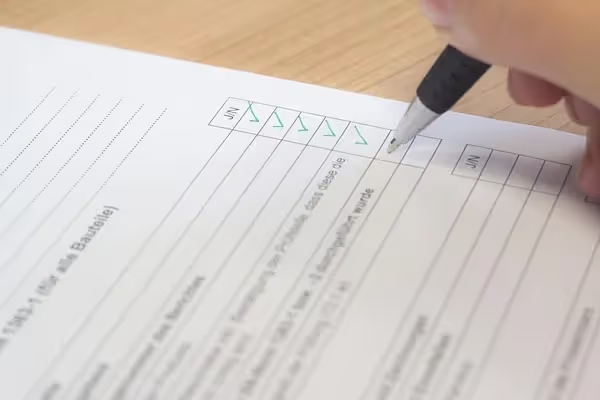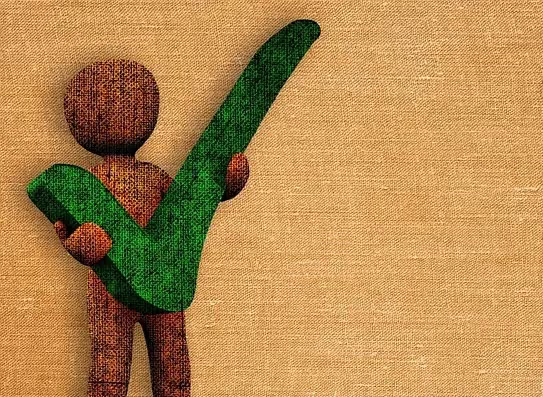Introduction
As the college admissions landscape becomes more competitive and complex, students and parents are increasingly asking: Do colleges do background checks? The answer is yes—many colleges and universities have adopted background check policies to ensure campus safety, verify application information, and uphold their reputations. But what exactly does a college background check entail? How do student background checks work, and what kind of records are reviewed? Do colleges care about suspensions or discipline records? In this comprehensive guide, we’ll explore the realities of background checks for students, what colleges are looking for, and how you can prepare.
What is a College Background Check?
A college background check is a process in which colleges and universities review an applicant’s personal, academic, and sometimes digital history to assess their suitability for admission or campus life. While not every institution conducts the same type of check, the trend is growing as schools aim to create safe and trustworthy environments for their students and staff.
Why Do Colleges Do Background Checks?
- Campus Safety: To prevent individuals with violent or dangerous histories from joining the campus community.
- Verification: To confirm the accuracy of application materials and prevent fraud.
- Regulatory Compliance: Some programs, especially in healthcare or education, require background checks by law.
- Reputation Management: To protect the institution’s public image and maintain trust with students, parents, and stakeholders.
Types of Student Background Checks
Colleges may conduct several types of background checks, depending on the program, level of study, and institutional policies.
Criminal History Checks
Many colleges check for criminal records, focusing on convictions related to violence, sexual offenses, or drug-related crimes. The presence of such records may not automatically disqualify a student, but it will prompt further review and consideration.
Discipline Records
Colleges often request high school discipline records, including suspensions, expulsions, or serious infractions. These records help the admissions team assess an applicant’s behavior and potential risk to the campus community.
Academic Verification
Admissions offices may verify transcripts, test scores, and previous degrees to ensure the information provided is accurate and complete.
Social Media Screening
With the rise of digital footprints, some colleges use social media screening and social media background check tools to review applicants’ public online presence. Posts that show illegal, violent, or discriminatory behavior can raise red flags.
Drug Screening
Certain programs, especially in healthcare or law enforcement, may require drug testing as part of the admissions process.
When Do Colleges Conduct Background Checks?
- During Admissions: Some colleges require background checks before granting full admission, especially for professional or graduate programs.
- Post-Admission: Others conduct checks after conditional acceptance, as a final step before enrollment.
- For Student Employees: Resident assistants, tutors, or other student workers may be subject to additional checks.
- Annually or Recurring: Certain programs require ongoing background checks throughout a student’s time at the institution.
How Are Background Checks Performed?
Step 1: Consent
Colleges typically require written consent from applicants before conducting a background check. Refusing to provide consent may result in withdrawal of the application or offer.
Step 2: Data Collection
Information is gathered from various sources, including:
- Criminal databases
- School discipline records
- Academic institutions
- Social media platforms
Step 3: Review and Evaluation
Admissions committees or compliance teams review the findings. Not all negative information leads to rejection; context, recency, and evidence of rehabilitation are considered.
Step 4: Notification and Dispute
If adverse information is found, applicants are often notified and given a chance to explain or dispute the findings.
Do Colleges Care About Suspensions and Discipline Records?
Yes, many colleges do care about suspensions and other discipline records. These records provide insight into a student’s behavior, decision-making, and potential risk to the campus community. However, context matters. A single suspension for a minor infraction is less likely to impact admissions than a pattern of serious or repeated misconduct.
What Disqualifies a Student from Admission?
While each college has its own policies, common disqualifiers include:
- Felony convictions involving violence, sexual offenses, or crimes against minors
- Multiple or recent serious discipline violations
- Falsification of application materials
- Failure to disclose required information
However, many colleges take a holistic approach and consider the applicant’s overall record, growth, and rehabilitation.
The Role of Social Media and Digital Footprint
Colleges are increasingly aware of applicants’ digital footprints. Social media listening and screening tools can reveal posts or behaviors that may not be captured in official records. Inappropriate, offensive, or illegal online activity can raise concerns, so students should audit their public profiles before applying.
Special Considerations for Certain Programs
- Healthcare, Education, and Law: These fields often require more rigorous background checks, including fingerprinting, drug testing, and checks against professional disqualification lists.
- International Students: May be subject to additional checks as part of visa or immigration processes.
How to Prepare for a College Background Check
1. Be Honest
Disclose any past incidents or records truthfully on your application. Falsification is often viewed more negatively than the incident itself.
2. Review Your Records
Check your criminal, academic, and discipline records for accuracy. Request corrections if you find errors.
3. Audit Your Social Media
Remove or make private any posts that could be viewed as inappropriate or risky.
4. Gather Documentation
If you have a record, prepare documentation showing rehabilitation, community service, or positive changes since the incident.
5. Ask for Help
Guidance counselors, legal advisors, or admissions consultants can help you navigate the process.
Frequently Asked Questions:
1. Do colleges do background checks on all applicants?
Not all, but many colleges conduct background checks, especially for certain programs or after conditional acceptance.
2. What does a college background check include?
It can include criminal history, discipline records, academic verification, and sometimes social media screening.
3. Do colleges care about suspensions?
Yes, suspensions and other discipline records are considered, but context and rehabilitation are important factors.
4. Can a criminal record disqualify me from college?
It depends on the nature and recency of the offense, as well as the college’s policies. Some offenses are automatic disqualifiers, but many colleges review cases individually.
5. Will my social media be checked during admissions?
Some colleges do review public social media profiles, especially if concerns are raised during the admissions process.
6. What should I do if I have a discipline record?
Be honest about it, provide context, and demonstrate how you’ve grown or changed since the incident.
7. Are background checks required for student employees?
Yes, many colleges require background checks for student workers, especially in roles involving minors or sensitive information.
8. How can I improve my chances if I have a record?
Show evidence of rehabilitation, maintain a positive digital footprint, and be transparent in your application.
Conclusion
Background checks are increasingly common in college admissions, serving as tools for campus safety, verification, and compliance. While a record of past mistakes doesn’t automatically disqualify you, honesty, preparation, and a positive digital presence are key. As colleges adopt more sophisticated screening methods including social media screening, social media listening, and social media background checks students should take proactive steps to ensure their records and reputations reflect their best selves.














